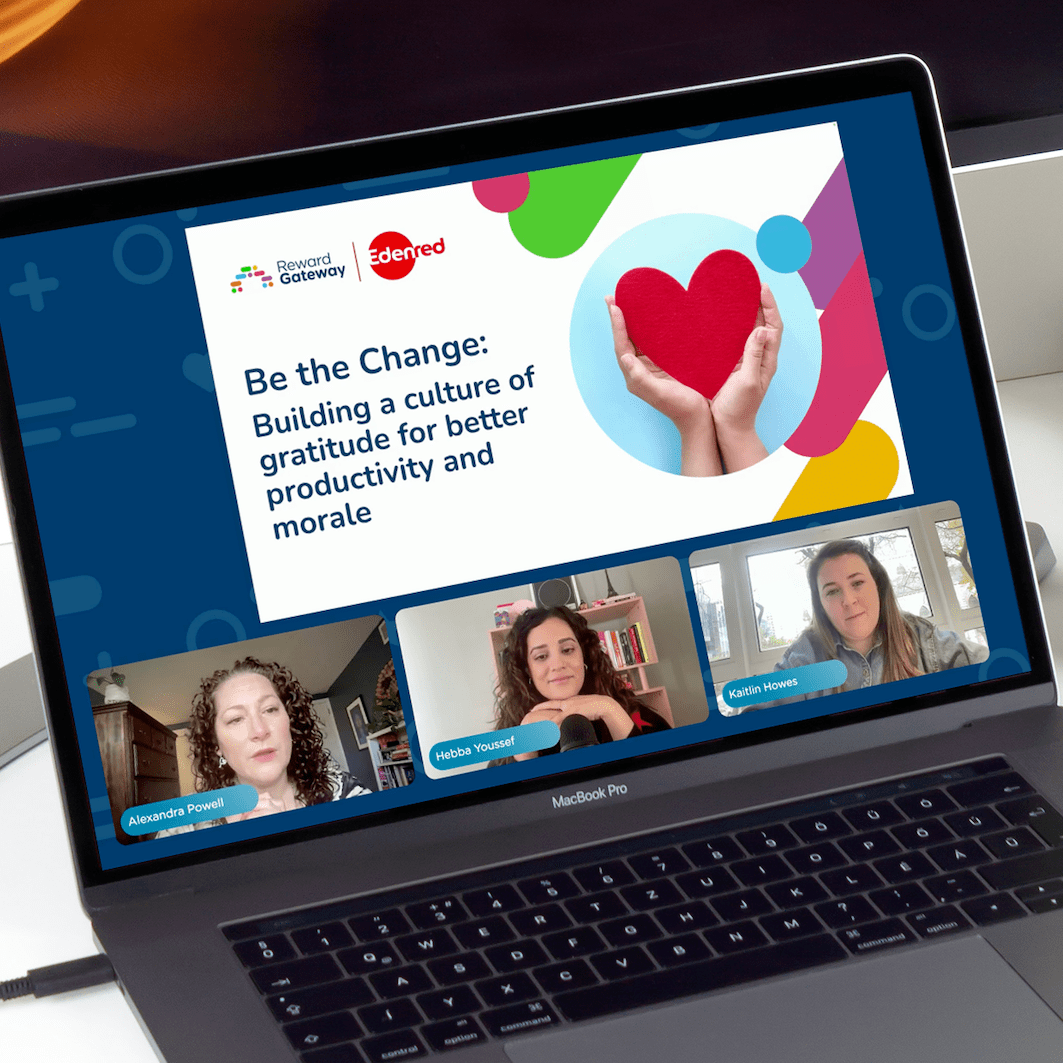Since 1976, February has been dedicated to honoring the contributions, achievements, and history of Black people in the United States. But beyond celebration, it’s also a time to reflect: Are we truly creating workplaces where Black colleagues feel valued, heard, and supported- not just in hiring, but in career growth, leadership opportunities, and everyday experiences?
Honoring Black history isn’t just about looking back – it’s also about looking at where we are today and where we could be in the future.
Why DEI still matters (even when others are backing away)
It’s no secret that diversity, equity and inclusion (DEI) efforts have faced real challenges lately. Some companies are scaling back, treating DEI as a trend rather than a long-term commitment.
But let’s be clear – DEI isn’t just about doing what’s popular; it’s about doing what’s right.
A workplace where everyone, regardless of race, background or identity, feels valued, included and supported isn’t a nice to have.
At its core, DEI isn’t just about ticking a box. It’s about making work better for everyone.
It’s fundamental to employee wellbeing, engagement and innovation. When employees feel like they belong, they thrive. Research proves it. Businesses that invest in diverse and inclusive cultures don’t just create stronger teams; they also see higher retention, greater innovation and better results.
And here’s the thing – hiring diverse talent is only the first step. What happens after they walk through the door matters just as much (if not even more). Are there barriers to growth? Are we fostering spaces where people feel comfortable being themselves? That’s where equity and inclusion come in.
Equity vs. equality: Why the difference matters
 At RGER, our mission has always been clear: to make the world a better place to work. That means creating an environment where every individual feels valued, supported and empowered to thrive, regardless of their background, identity or lived experience.
At RGER, our mission has always been clear: to make the world a better place to work. That means creating an environment where every individual feels valued, supported and empowered to thrive, regardless of their background, identity or lived experience.
Our EP!C Networks are at the heart of this commitment, creating spaces where our people can connect, learn and lead change. Each network plays a vital role in shaping our culture and ensuring that everyone at RGER feels seen, heard and supported.
A common question we see is Why focus on equity instead of equality?
Equality means giving everyone the same resources. Sounds fair, right? But in reality, not everyone starts from the same place. Equity means recognizing those differences and providing support tailored to individual needs so that everyone has a fair chance to succeed.
It’s not about lowering the bar; it’s about leveling the playing field.
Making Black History Month meaningful at work
Black history is all around us. It’s in the innovations we use daily, the leaders who’ve shaped industries, and the stories that often go untold. This month is a great time to spotlight that history, while also driving meaningful change in the workplace.
Here are a few ways to make Black History Month count:
📚 Encourage learning & conversation
- Host panel discussions or invite guest speakers to share their experiences.
- Highlight Black pioneers relevant to your industry.
- Share recommended books, articles, or documentaries to encourage self-education. Some of our RGER favorites include How to be an Antiracist by Ibram X. Kendi, The Memo by Minda Harts, Lead from the Outside by Stacey Abrams, Between the World and Me by Ta-Nehisi Coates, and Professional Troublemaker by Luvvie Ajai Jones.
💡 Re-examine policies through an equity lens
- Are promotion and leadership opportunities truly accessible?
- Are mentorship programs designed to support underrepresented employees without overloading Black leaders with extra responsibility?
- Are we fostering a culture where all voices are heard?
- Are pay and benefits fair and equitable across the board?
🙌 Celebrate contributions – past and present
Black history isn’t just something we reflect on – it’s something that continues to shape the world around us. From the pioneers who revolutionized technology, medicine and civil rights to the leaders driving change today, the impact of Black excellence is everywhere.
Recognizing these contributions is important, but what truly matters is how we apply this awareness to create lasting change in the workplace.
Black History Month should be about taking action to create an environment where all employees feel heard, valued, and empowered to succeed. It’s an opportunity to challenge ourselves, strengthen our commitments to equity and ensure that inclusion isn’t just a talking point but a lived experience.
💬 What Black History Month means to our team
To truly appreciate what this month represents, we asked some of our RGER colleagues to share their thoughts:
🗣️ "Black History Month is all about celebrating Black voices and amplifying them for everyone to hear. It’s a chance to highlight the incredible history and successes of Black people in society." – Eghe Osifo
🗣️ "For me, it’s a time to finally focus on Black history, which we didn’t often hear about in school—at least not where I went to school. It's an opportunity to celebrate stories that were missed or ignored." – Isabella Nwaoko
🗣️ "This month helps us appreciate icons like Katherine Johnson, who paved the way at NASA despite limitations and challenges." – Fridah Sanga-McConnell
🗣️ "We want to create belonging for everybody, but it’s vital to highlight the voices of people who feel marginalized. It’s about ensuring everyone has the opportunity to share their lived experiences and helping us implement processes and policies that create a truly equitable experience." – Kaitlin Howes
🗣️ "This is a time to learn more, to educate ourselves, and appreciate the incredible diversity of thought that exists within our organization. We all come from different backgrounds, and understanding those histories helps us work better together." – Nebel Crowhurst
By celebrating Black history and actively fostering inclusion, we move beyond words into meaningful change. Hearing these perspectives reminds us why this month matters- not just as a reflection on the past, but as a step toward a more inclusive future.
This isn’t just about February
While Black History Month offers a dedicated time to reflect, these conversations shouldn’t stop on March 1st. Real progress means committing to this work year-round through hiring practices, leadership development, and everyday workplace culture.
At RGER, we believe in fostering a workplace where everyone feels valued, supported, and empowered to succeed. That means standing firm in our DEIB commitments, even when external pressures shift.
So this month, let’s celebrate, educate, and most importantly – take action. Because Black history isn’t just something we look back on; it’s something we build on every day.
✨ Happy Black History Month!

 Klara Owens
Klara Owens



